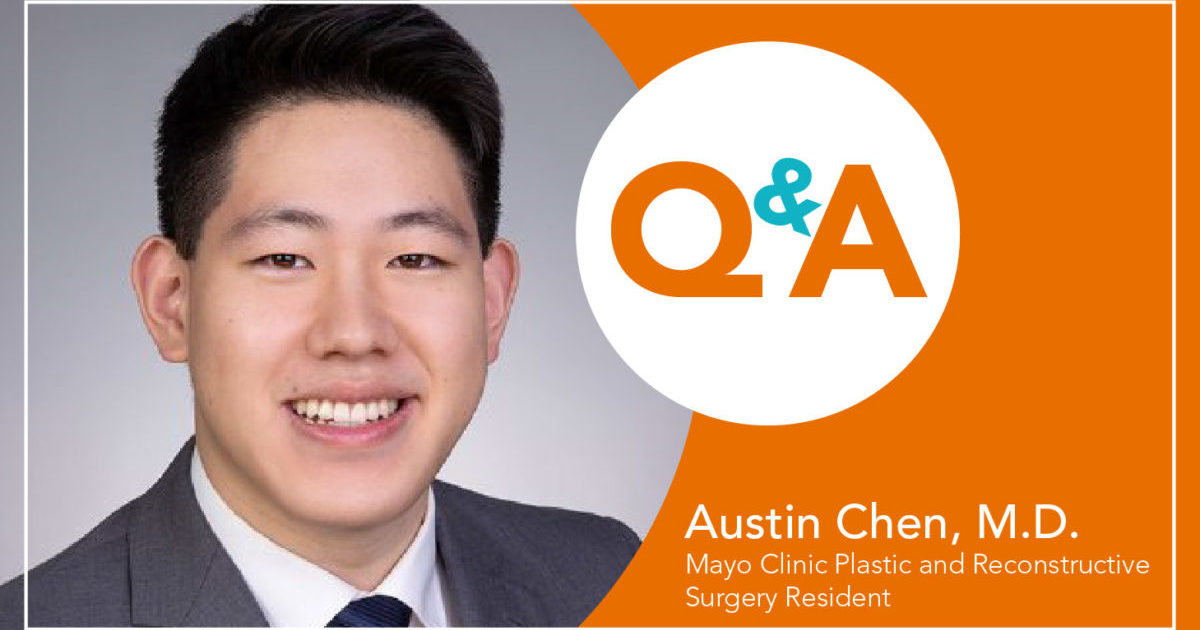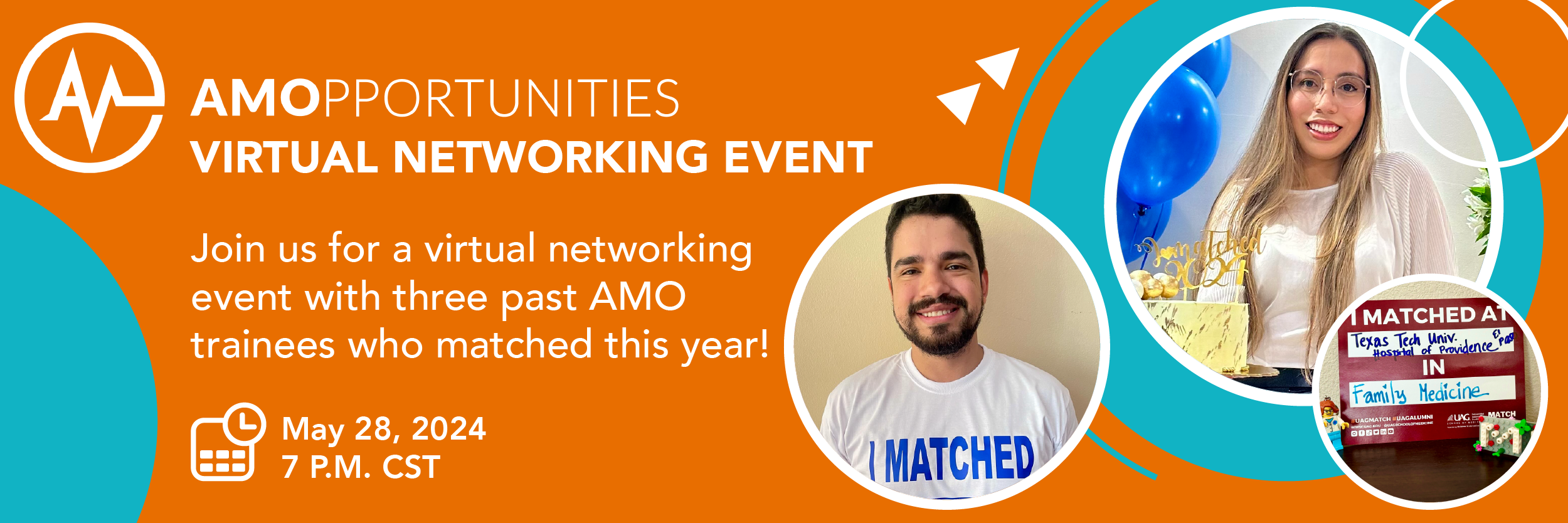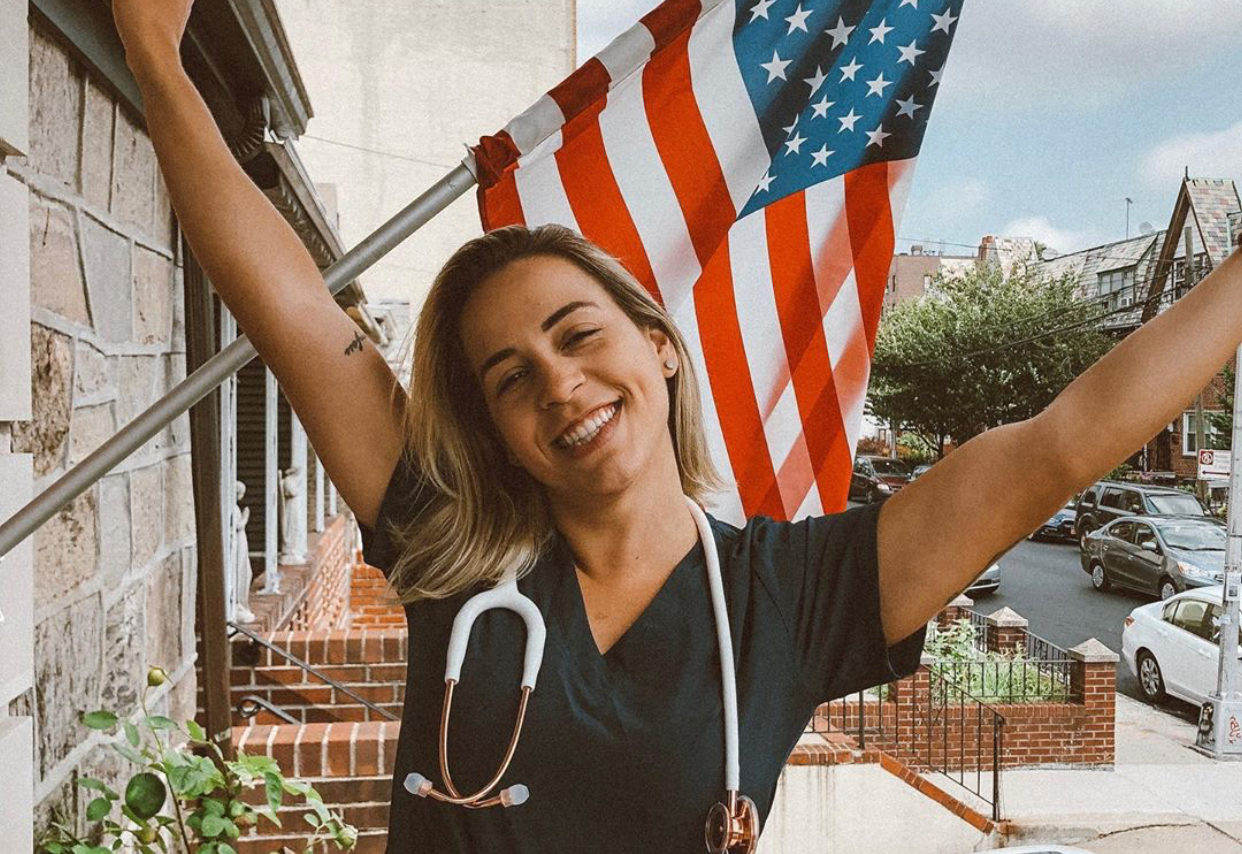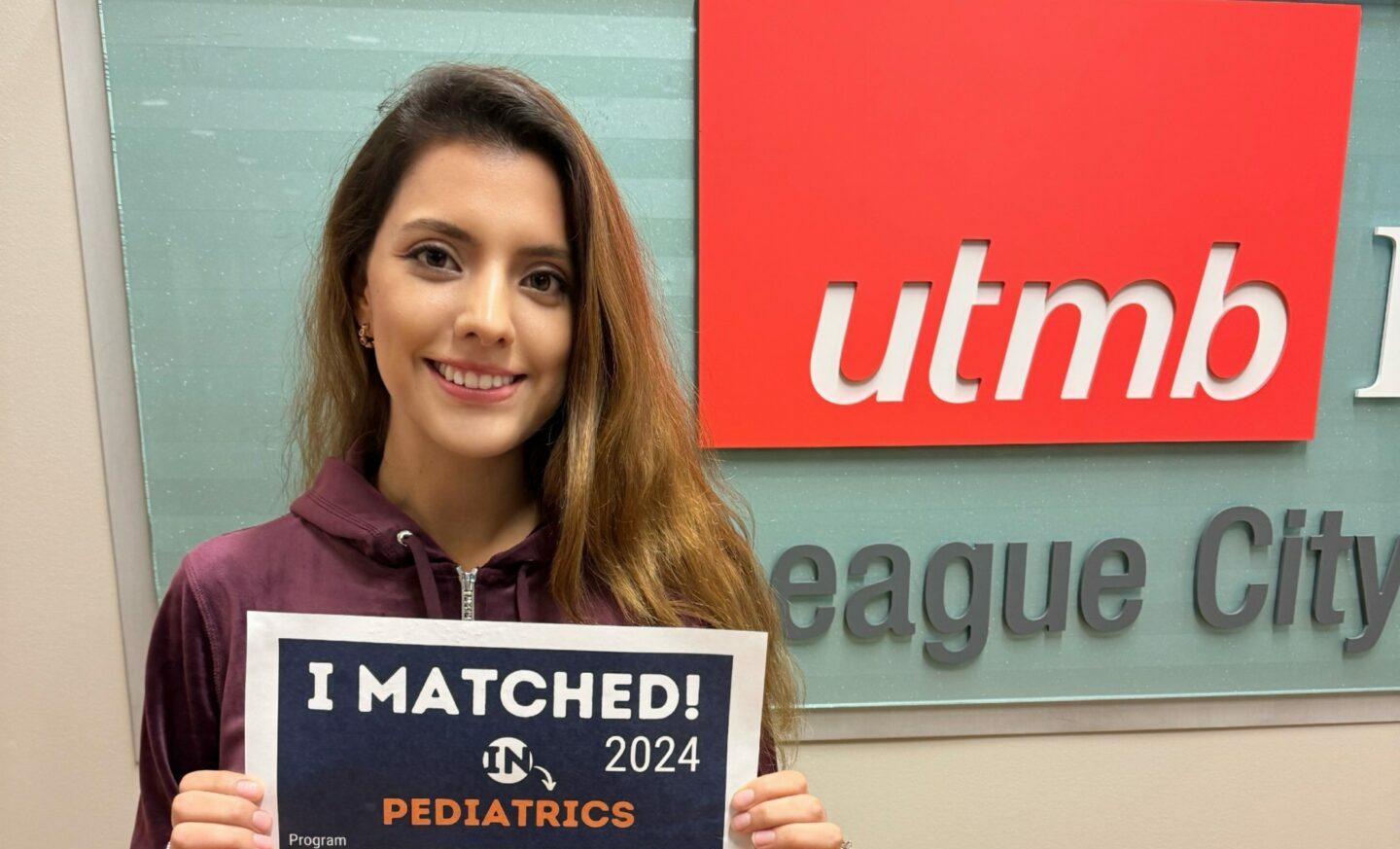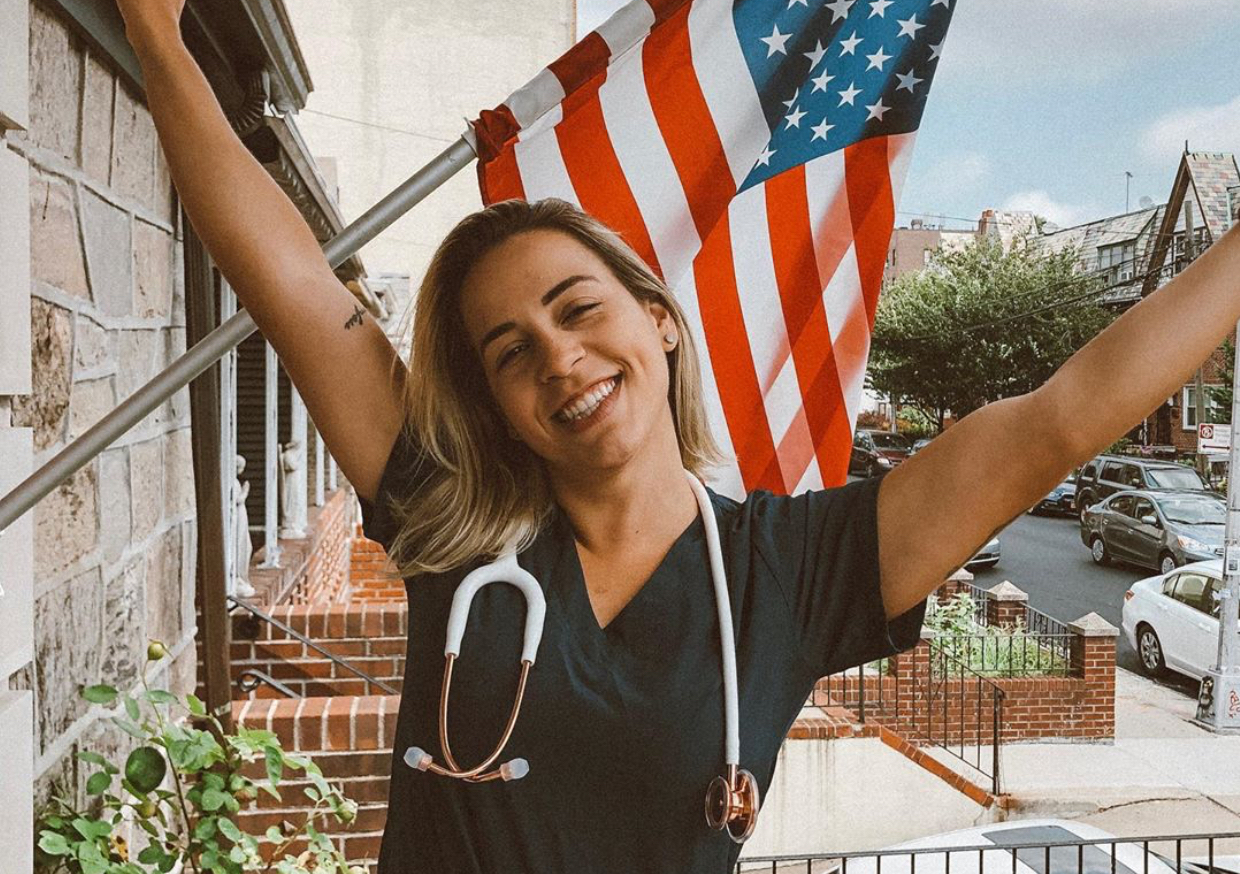With the culmination of the 2021 Main Residency Match, current medical students and graduates planning to apply next year’s cycle are now considering how they can mimic the success of those beginning their first year of residency this fall. With a new graduate medical education bill passed and changes to ECFMG certification requirements, the landscape of future Match cycles will look different.
Still, competition for residency and fellowship seats is at an all-time high. Most Match applicants want to know how current residents stood out from other highly qualified applicants with impressive USMLE scores and CVs overflowing with experience. We recently spoke with Austin Chen, a first-year plastic and reconstructive surgery resident at Mayo Clinic, about his experience matching last year. While Austin grew up in the United States, he decided to pursue a medical degree overseas. During our conversation, he details why he relocated for medical school and how he found his way back to the U.S. with a successful residency match.
Q: What was last year’s Match Week and Match Day like for you?
A: Match Week and Match Day last year happened at the pandemic’s onset when shutdowns began. Although there was still a lot of uncertainty at the time, it was nice to feel confident about one thing—my career path. The best part of the week was sharing the results with my mentors, family, and friends who were with me throughout the process.
Q: How did you celebrate the success of getting into such an incredible residency program?
A: I didn’t do anything special! A lot of the celebration by phone or video chat. Apart from that, I recall just ordering a pizza and relaxing.
Q: With so much competition, many residency applicants plan for the worst outcome. If you hadn’t matched, what would your next steps have been?
A: Great question! My next steps would have been to extend my research and further augment my CV. I would have also done an additional observership or some form of clinical training.
Q: What was your first day of residency like?
A: There were many nerves; most of it was from being in a new environment with new responsibilities. Despite that, the first day went pretty smoothly. Everyone with the program understood we were interns and that there was a lot we didn’t know. I knew that if I didn’t know something, I just had to ask.
Q: What has been your favorite part about residency thus far?
A: My favorite part, apart from being more actively involved in patient care and decision-making, is working with other residents, especially co-interns. There is a special bond you develop with those who are in the same position as you. You get to grow alongside them.
Q: Has anything surprised you about residency yet? Is there something you wish you would have known before it began?
A: No matter where you are in residency, there is still so much that you don’t know. I continue to learn new things daily. As a first-year resident, it’s easy to think there will come a day that you feel comfortable with everything—now I know this probably won’t happen. I wish I knew that is it normal to feel uncomfortable!
Q: Although you grew up in California and are now completing your residency in the U.S., you decided to attend medical school in Taiwan. Why did you make that decision?
A: My family is originally from Taiwan, and most of my extended family is still there. Coming out of high school, moving to Taiwan seemed like an excellent opportunity to reconnect with my roots and enter medical school directly.
Q: Did earning an international medical degree make applying for residency more difficult?
A: Yes, it did! Before I moved to Taiwan, I did not know about the difficulties that international medical graduates faced.
Q: What was the most challenging part of the application and interview process?
A: The most challenging part was pushing past negative feedback from match prospects. Matching can also be a challenge as there is a lack of helpful and transparent information to guide IMGs in how to get into residency.
Q: Some residency applicants struggle to select a specialty. How did you choose to go into plastic and reconstructive surgery? Do you have any tips on how applicants can narrow down their options and interests?
A: I entered medical school knowing I wanted to do so something surgical. Early on, I tried to exposure expose myself to different surgical fields to find my interests. Most of what I focused on if I enjoyed the procedures and how they impacted patients. Once I realized I wanted to become a plastic surgeon, which happened relatively late, I tried to gain as much clinical and research experience in the field as possible.
Q: Do you have any tips on how applicants can narrow down their options and interests?
A: Applicants should make a list of what they value the most, such as case breadth, patient population, and lifestyle. From there, they can see which specialties match up with what’s most important.
Q: Although your medical career is just beginning, you’ve accomplished so much. You’ve been a research fellow and were named Best Surgical Intern when you graduated. What advice do you have for other medical trainees looking to match this success?
A: Thanks for the kind remarks; I still have a long way to go! The advice I’ll offer is this—start identifying what you want early on and establish a plan based on research and input from mentors as to how you’ll accomplish it. There are always factors you can’t control, but if you follow a game plan, you’ll stay on the right path!
Q: In your opinion and experience, what are the most important aspects of residency applications?
A: Planning early with input from mentors is vital. When I first started preparing my application, I constantly reached out for advice. From my experience, I think USMLE scores, clinical rotation performance, and letters of recommendation from the U.S. are essential for a strong application.
Q: You’re a co-founder of imgmatch. Can you explain what your company does and how it can benefit IMGs?
A: Sure thing! imgmatch started with a vision for a platform where IMGs could obtain advice from those who matched before them. At imgmatch, we provide general resources, application editing services, interview preparation, and one-on-one mentorship.
Q: Is there anything else you would like to share with IMGs?
A: The road is long and complicated. There will be moments when you feel you might have made the wrong decision to apply for U.S. residency, but this is momentary. Remember your goals, and don’t give up on them.
Take Austin’s advice—get clinical experience!


